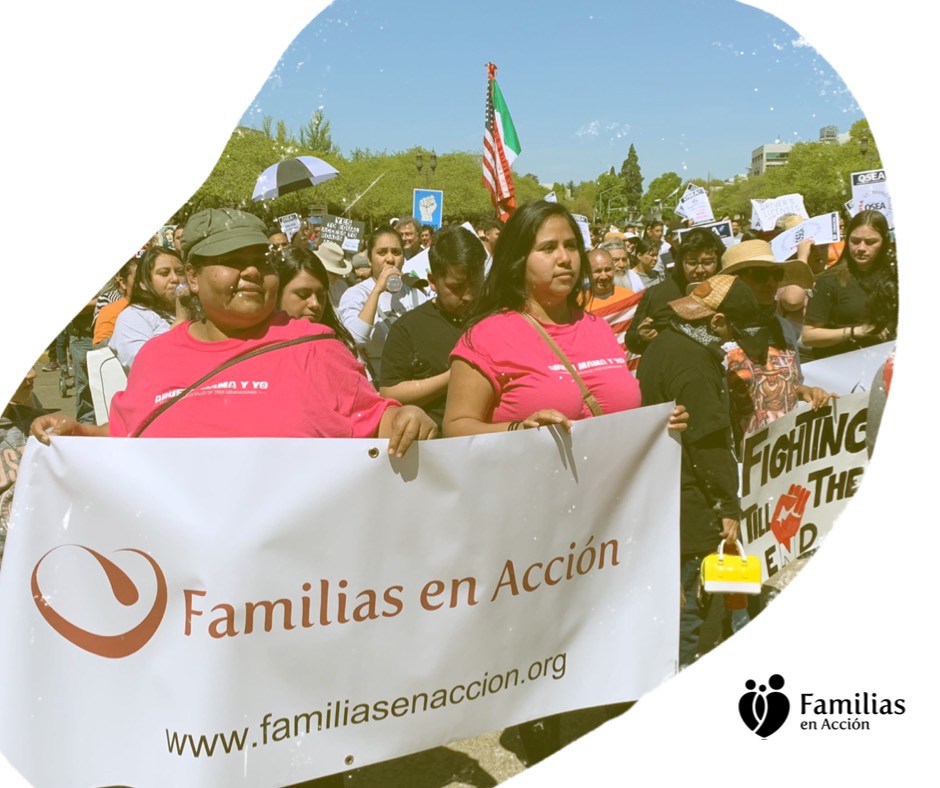“The true measure of any society can be found in how it treats its most vulnerable members.” These words spoken by Mahatma Gandhi can guide us IF we take pause and reexamine the values and norms that have become the American way of life. The norm that profits, not health, drive our health care system. The norm that accepts health disparities for Latinos, African Americans, elderly and other vulnerable groups.
Health and economic security for all Oregonians is an achievable goal! But we Oregonians must face some painful but important truths: that we have become complacent in our values, in who deserves to be healthy and who will thrive. Yes, even here in Oregon.

Here in Oregon and around the country, looking past death “rates” of COVID-19 to the actual people who are dying, we see the inequities. If we look past the food shortage at our grocery store, we see that work in the fields and processing plants is deemed “essential” yet the workers themselves are not seen as essential or even worthy. Yet these are the workers that allow Oregonians to “shelter in place.”
To keep Oregon’s economy moving these essential workers have increased risk exposure. According to Washington County, nearly 60% of their Latinx community members who tested positive for COVID-19 work in health care, outdoor labor, factory/warehouse work, food service or grocery stores. In Marion County, about 35 percent of COVID-19 cases are Hispanic when only 27% of the residents are of Hispanic origin. Across our state Latinos make up 13-16% of the population yet make up 27% of those tested positive. Those numbers are undoubtedly low due to the lack of access to medical care.

Poverty and health are linked. Unfortunately this is not a surprise to community leaders and health experts. The disparities have been there for a long time. The question is: why has so little been done here in Oregon to systemically address the significant health and economic issues that underlie the COVID statistics? Is it racism, elitism or other isms? Is it that some voices are not legitimate and do not count in the culture of Oregonian politics. Is it that jobs are defined as “essential” but the people who perform them are not?
We know the answers. Communities of color and public health experts of color have solutions for health equity and models for eliminating health disparities. We know that equitable partnerships between public health departments, health systems and community based organizations can reduce health disparities. We know that Community Health Workers/Promotoras de Salud can improve chronic disease health outcomes for vulnerable community members. We have the data and the models.
This horrific pandemic demonstrates the overdue need for a different way of problem solving. We have seen that no one institution has the answers, capacity, and resources to bring us out of this pandemic. Addressing the underlying health disparities during and post the COVID-19 requires partnerships between public, private, and community-based organizations. Community leaders and health experts have seen that such partnerships work when they listen to the voices of those most impacted.
The pain of this pandemic is our opportunity for changes in Oregon. Will we be more prepared for our next global health crisis? The now obvious disparities in our systems need to be addressed. And the values underneath those systems need clarity. What values will define us? Who will we elect to implement those values? It is up to all Oregonians to decide how we should proceed after this pandemic. It is up to all of us to define what the “new normal” will look like.
| Izzy Meda Marie Dahlstrom Executive Director Founder Familias en Acción Familias en Acción Portland, Oregon Rosemary Celaya-Alston Rebecca Huntley Founder Writer Familias en Acción Familias en Acción |